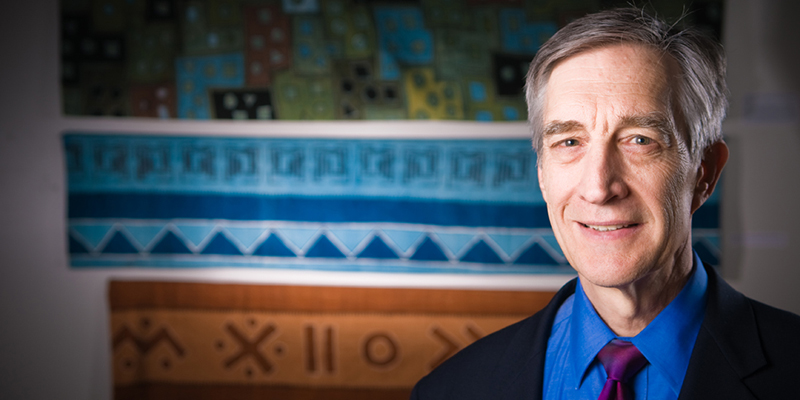Stephen L. Esquith
Professor and Immediate Past Dean
Education
Biography
Stephen L. Esquith has been working on ethical problems in developing countries since 1990 when he was a senior Fulbright scholar in Poland and then again in Mali in 2005-06. While in Poland, he collaborated on two collections of essays written by Polish and U.S. scholars on the changes in Eastern Europe since 1989. His research and teaching since that time has focused on democratic transitions in post-conflict situations. He has written on the rule of law, the problem of democratic political education, mass violence and reconciliation, and moral and political responsibility. He is the author of Intimacy and Spectacle (Cornell, 1994), a critique of classical and modern liberal political philosophy, and The Political Responsibilities of Everyday Bystanders (Pennsylvania State University Press, 2010) on mass violence and democratic political education.
He has been involved in numerous civic engagement projects in the public schools and has led a study abroad program focusing on ethical issues in development in Mali in summer 2004, 2006, 2008, 2010, 2014. He spent the academic year 2005-06 teaching and working with colleagues at the University of Bamako, Mali as a senior Fulbright scholar. There he taught two seminars on ethics and development at the Institut Polytechnic Rural and the Institut Supérieure de Formation et de Recherche Appliquée. He has co-edited a volume of critical essays on the human capabilities approach to development, and recently written on children's human rights, peacebuilding, the role of film in democratic political education, human security, and philosophy for children.
He is currently working with colleagues on several dialogue and reconciliation projects with internally displaced youth in Mali in collaboration with the Université des Lettres et des Sciences Humaines de Bamako, La Commission Vérité, Justice, et Réconciliation du Mali, and peace education projects for refugee youth in Michigan.
After serving as chair of the Department of Philosophy for five years, he returned to Michigan State University in fall 2006 to become Dean of the new Residential College in the Arts and Humanities (RCAH). On July 1, 2021, he moved back to the faculty full time in the Residential College to continue his research in Mali and to teach in RCAH, Peace and Justice Studies, and the Department of Philosophy.
Recent Publications:
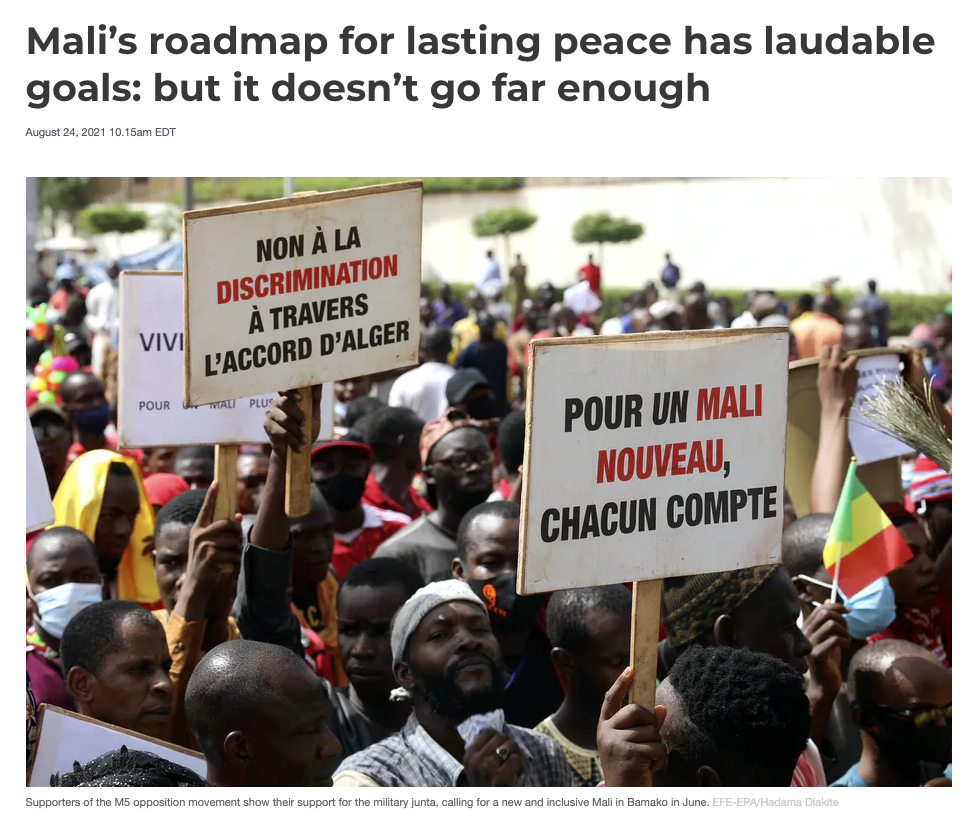 |
“Mali's roadmap for lasting peace has laudable goals: but it doesn't go far enough,” The Conversation, August 24, 2021. |
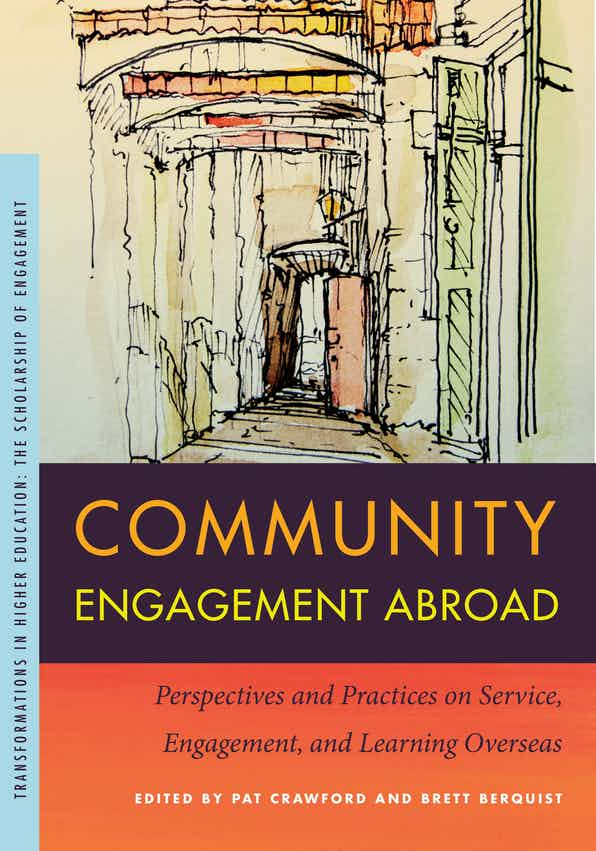 |
"Civic Engagement's Challenges for Study Abroad: An Ethical and Political Perspective," in Crawford, P. & Berquist, B. Eds., Community Engagement Abroad: Perspectives and practices on service, engagement, and learning overseas (Michigan State University Press, 2020). |
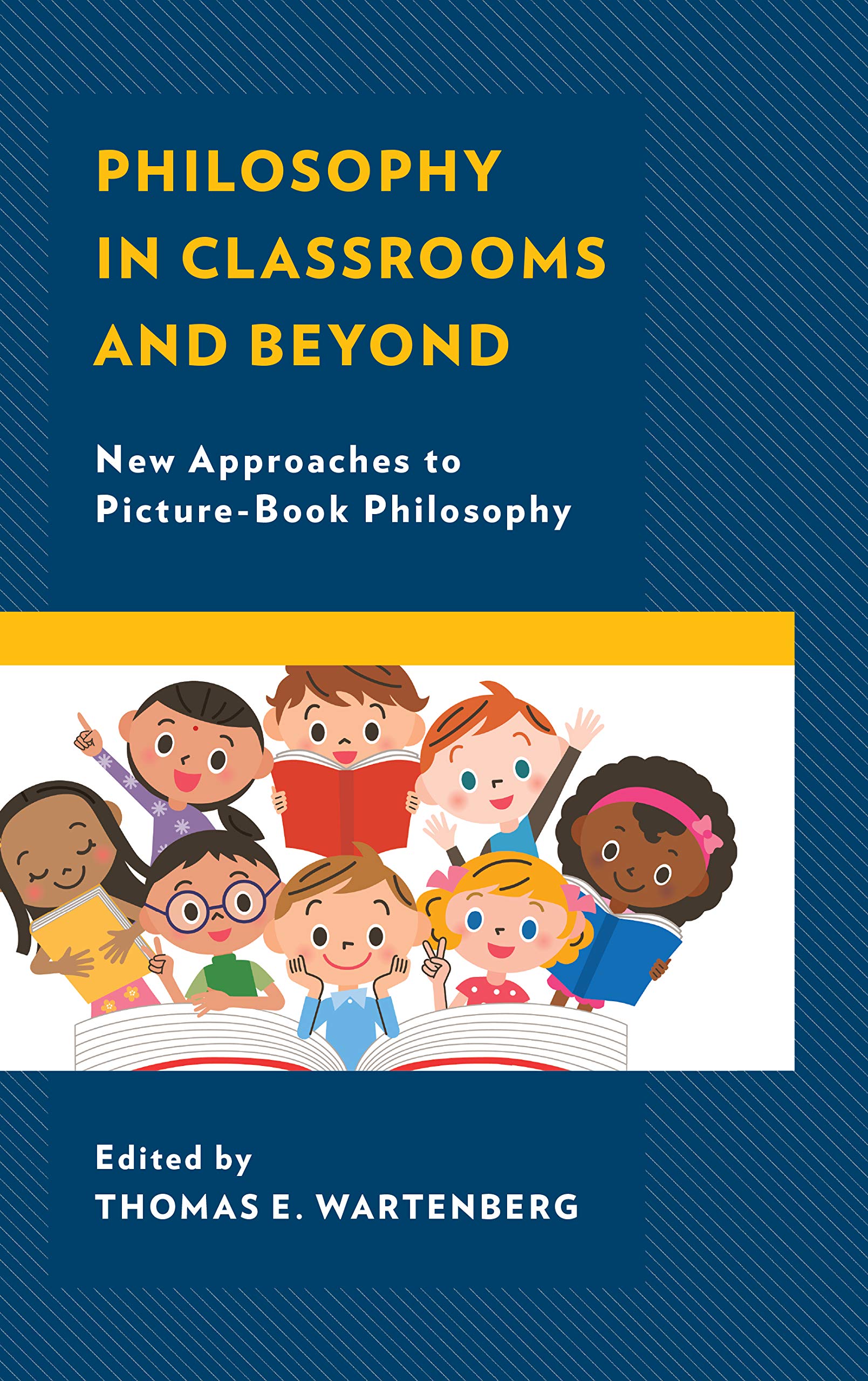 |
“The Ciwara Picture Book Project,” in Philosophy in Classrooms and Beyond: New Approaches to Picture-Book Philosophy, ed. Thomas Wartenberg (Rowman & Littlefield, 2019) |
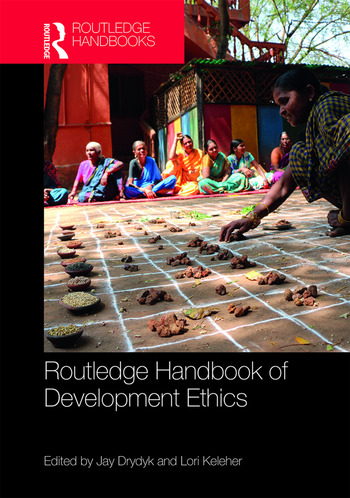 |
“Peace Building, Political Reconciliation, and Human Security in Transitional Societies:The Localist Turn,” in Routledge Handbook of Development Ethics, eds. Jay Drydyk and Lori Keleher (Routledge, 2019) |
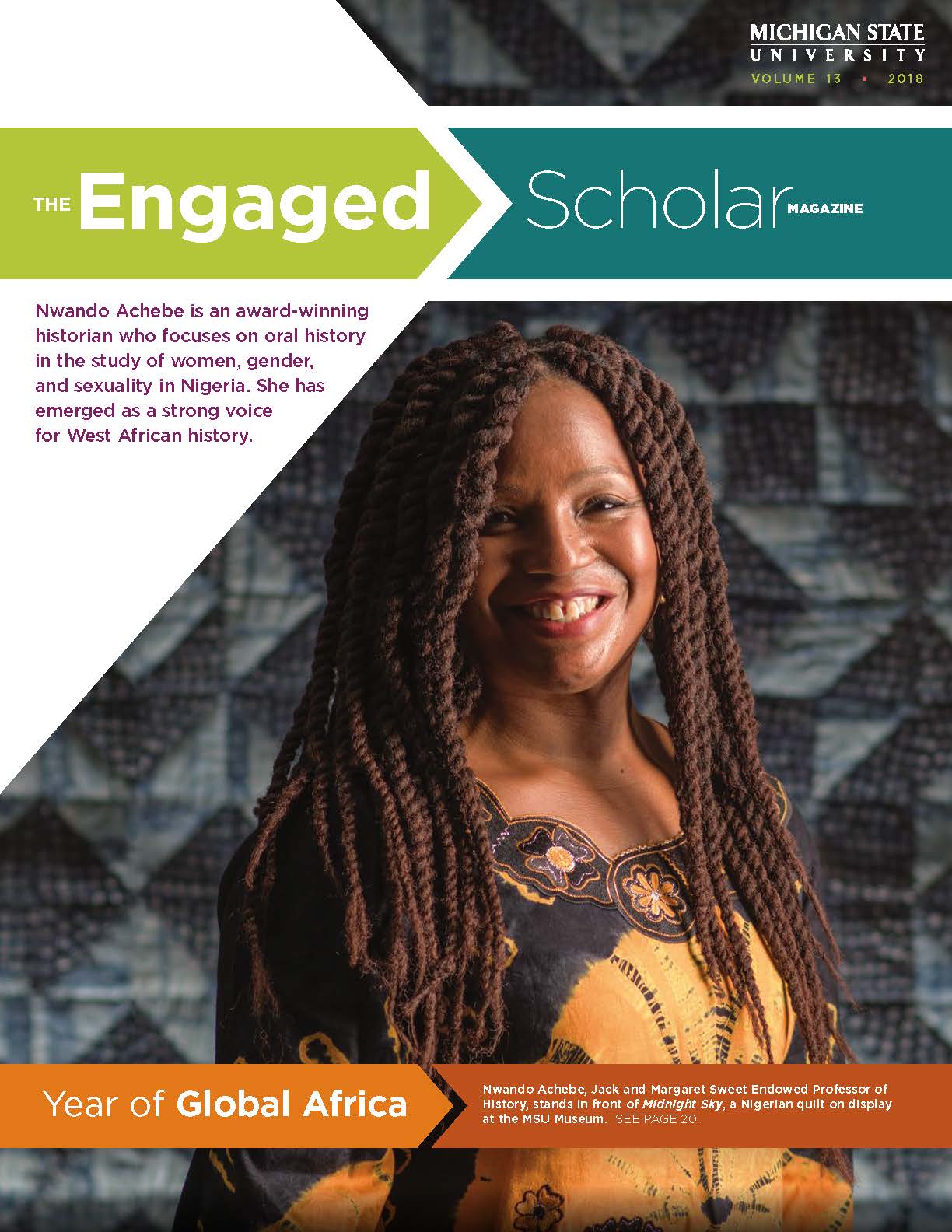 |
“Ethics and Development during the Year of Global Africa,” The Engaged Scholar, Vol. 13, 2018 |
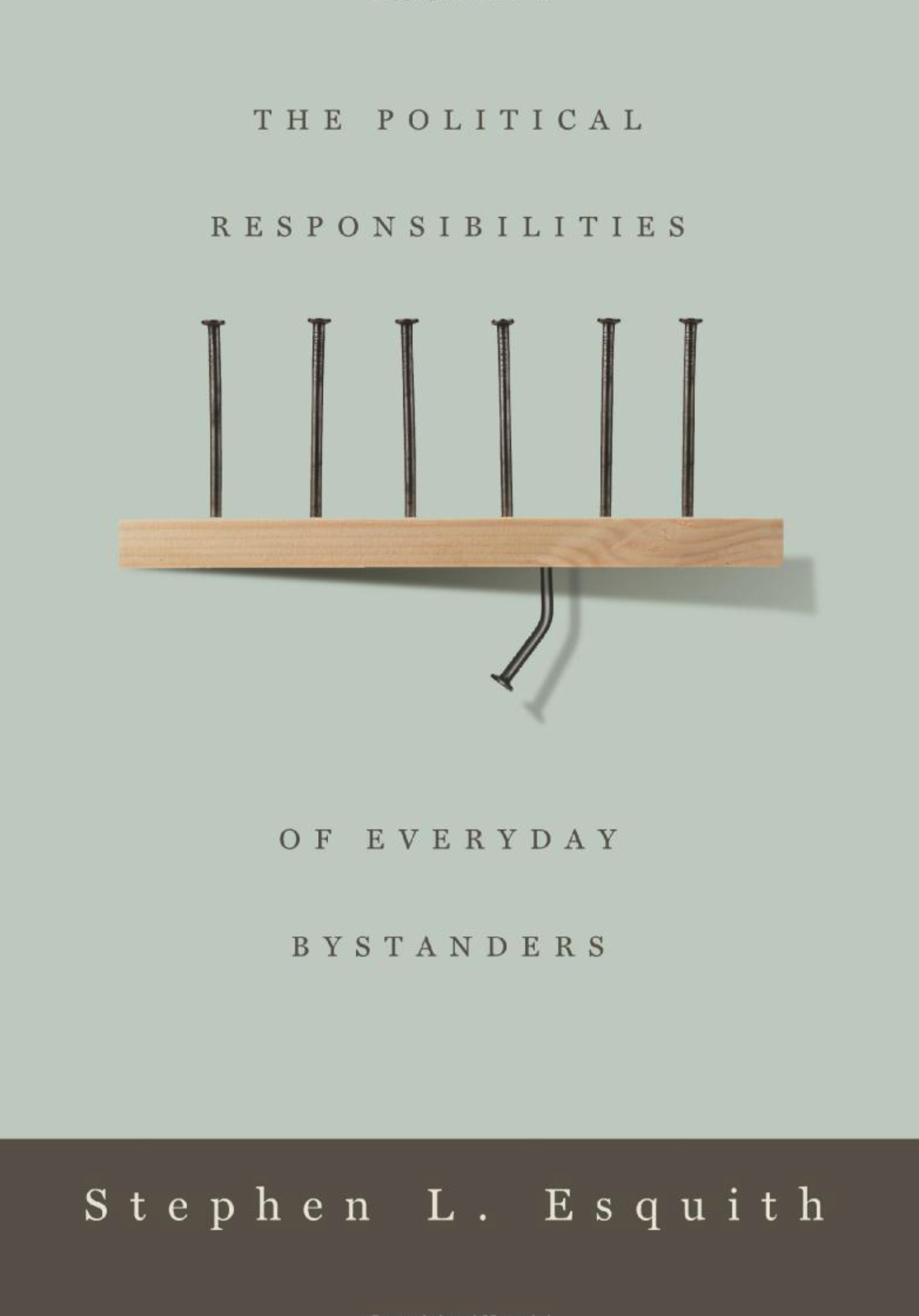 |
The Political Responsibilities of Everyday Bystanders (Penn State University Press, 2010) |
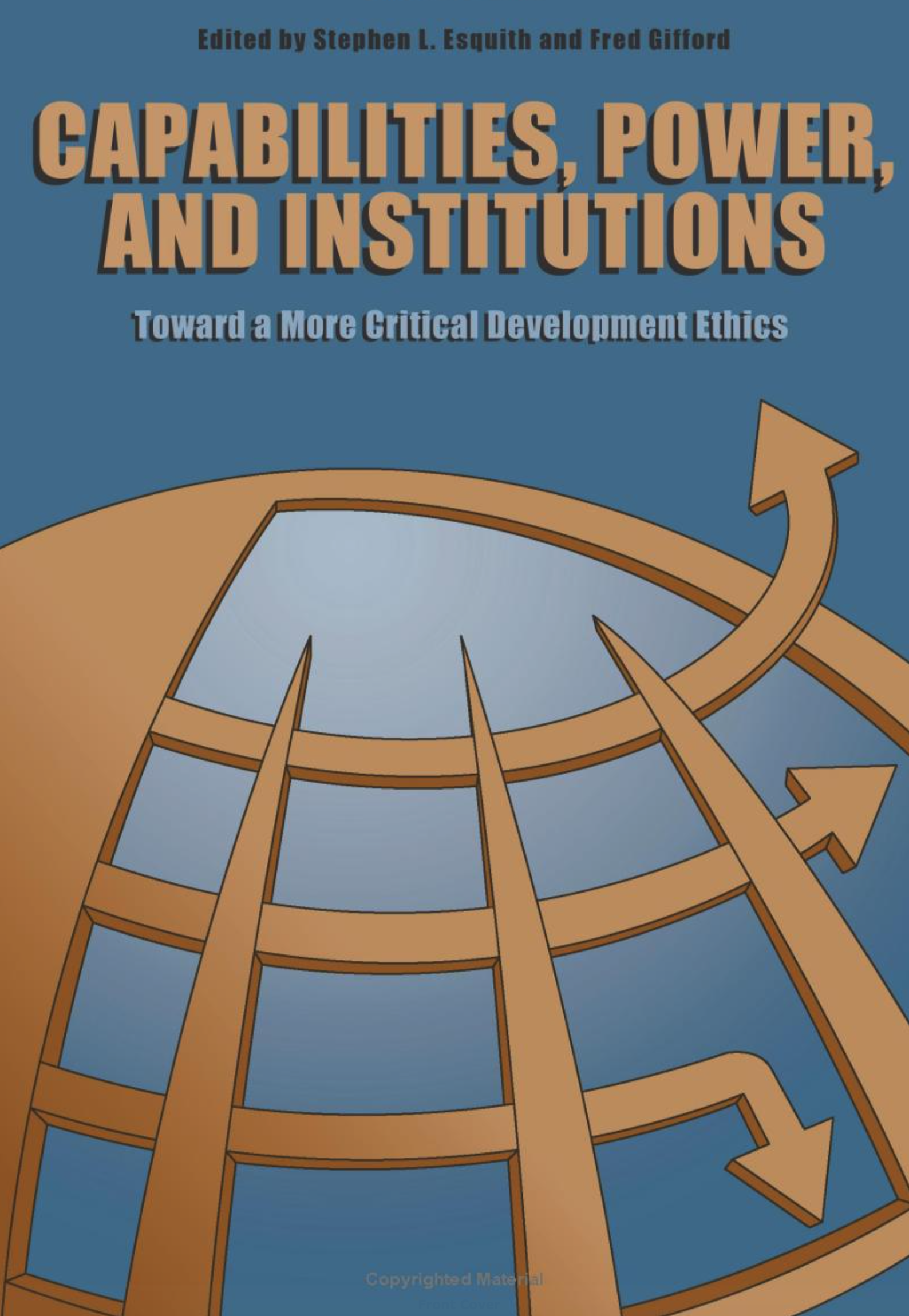 |
Capabilities, Power, and Institutions: Toward a More Critical Development Ethics, Stephen L. Esquith and Fred Gifford, eds. (Penn State University Press, 2010) |
Recent Courses Taught:
Spring 2021
RCAH 202: Peace Building
Fall 2020
RCAH 346: Repairs, Reparations, and Responsibilities
Spring 2019
RCAH 492: When Words Lose Their Meaning
Recent Interviews and Media:
 |
"What Engaged Scholarship Looks Like," Chronicle of Higher Education's Teaching Newsletter, May 9, 2019. |
 |
"The anti-Engler," Lansing City Pulse, January 24, 2019 |
 |
"At Michigan State, a Disruptive Presidency That Few Could Muster the Will to End," The Chronicle of Higher Education, January 17, 2019 |
 |
"Can liberal education survive at a scandal-plagued university? A professor explains why it must." Washington Post, May 1, 2018 |
 |
Lansing City Pulse Radio Show: May 12, 2018; May 5, 2018; with Moussa Traore, January 21, 2015; January 7, 2015 |
Stephen Esquith's Messages from the Dean
June 30, 2021: Dean's Message No. 34
January 7, 2021: Re-Imagining RCAH after 2020
July 1, 2020: Renewing, Re-Imagining, and Redressing
April 6, 2020: Is It a War?
January 29, 2020: The Common Good and DEI
August 27, 2019: Year 13—A Saddle Point for RCAH
May 20, 2019: The Feeling of Commencement
January 17, 2019: Letter to the RCAH Community Following the Resignation of Interim President Engler
August 29, 2018: Our Projects of Mutual Independence
January 9, 2018: When Words Lose Their Meaning
July 17, 2017: Belonging and Betrayal
February 28, 2017: RCAH Peace Game
November 15, 2016: Radical Poise
April 6, 2016: RCAH Griots
October 1, 2015: Building Public Spaces One Story at a Time


